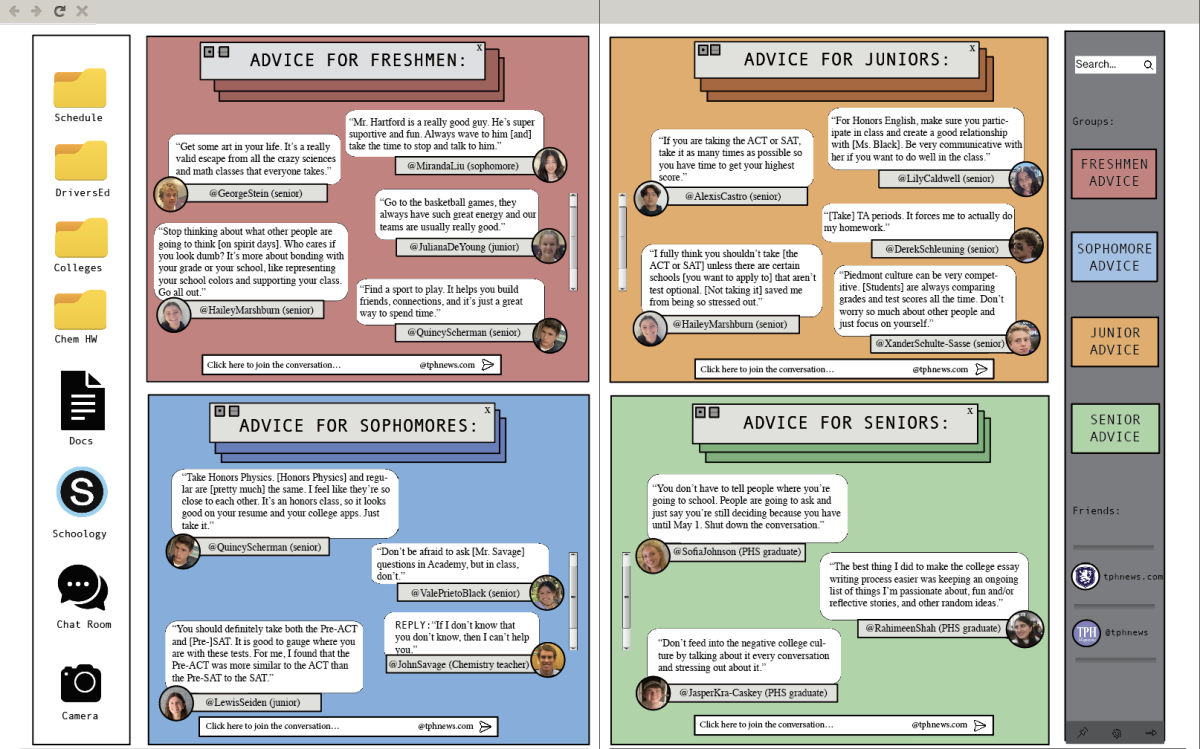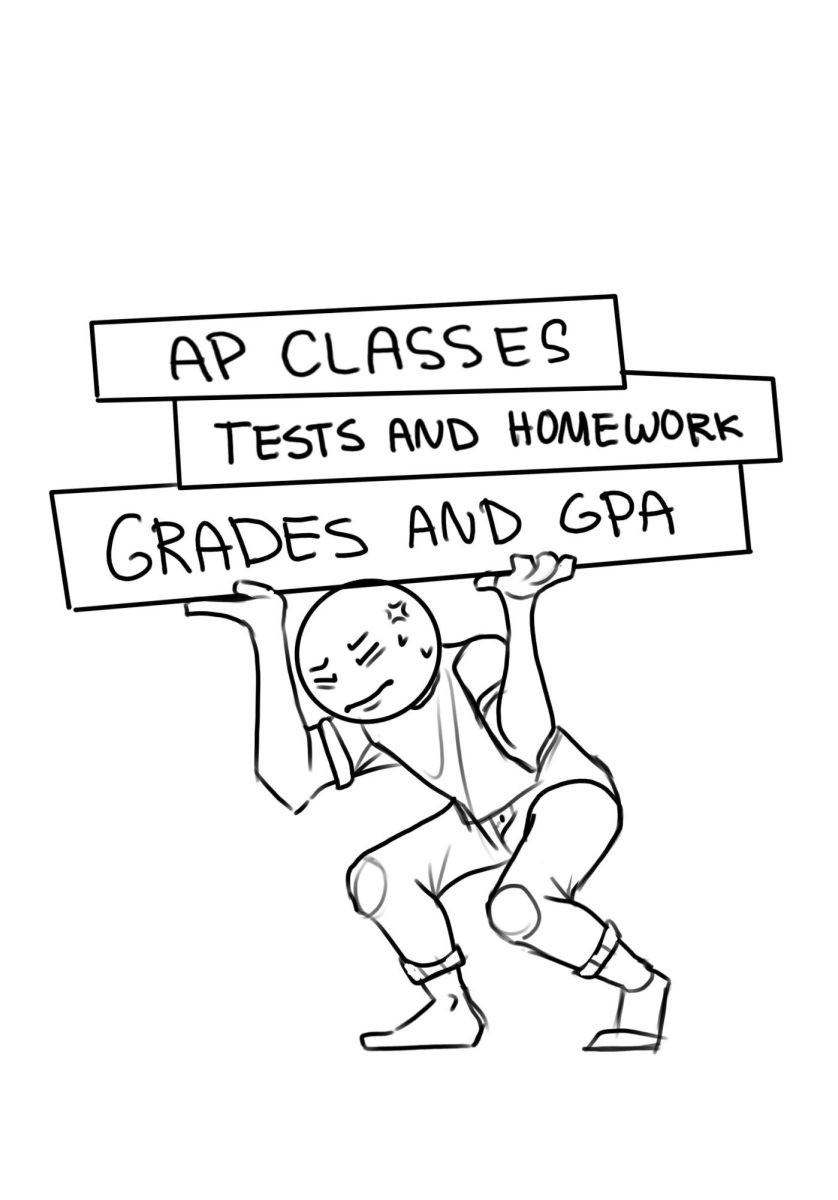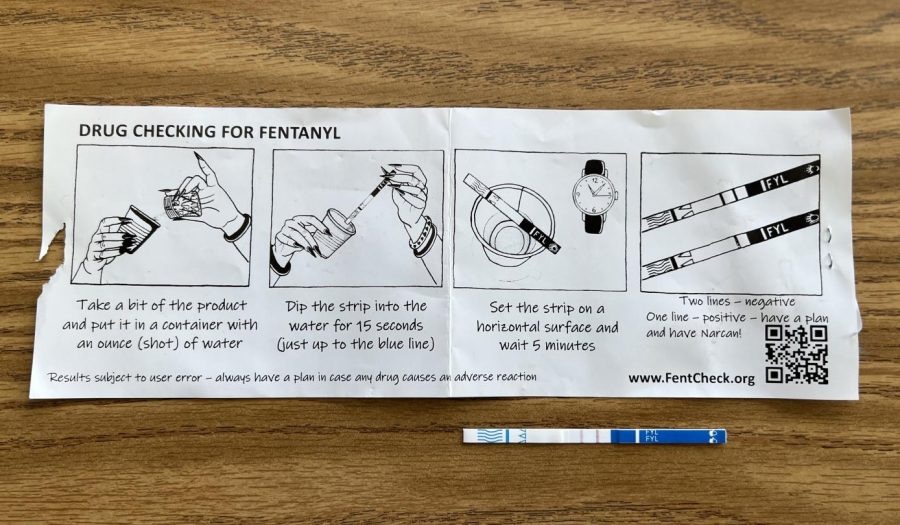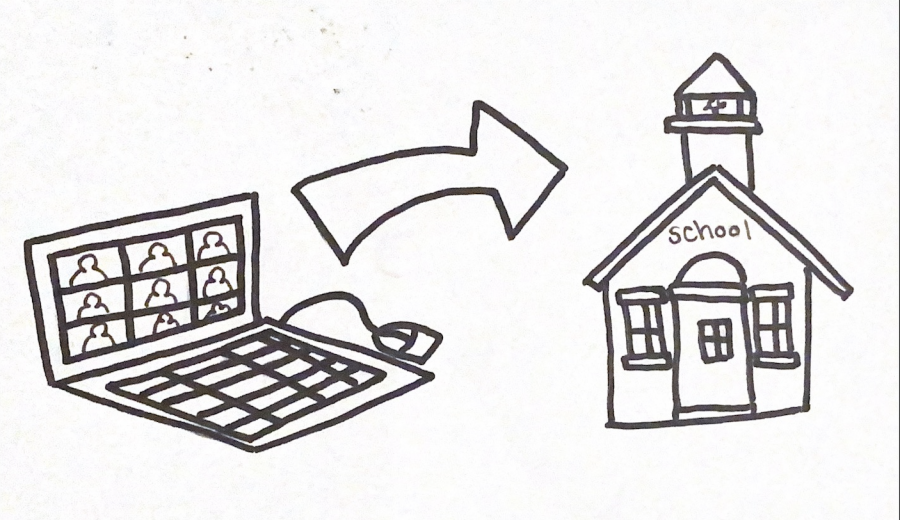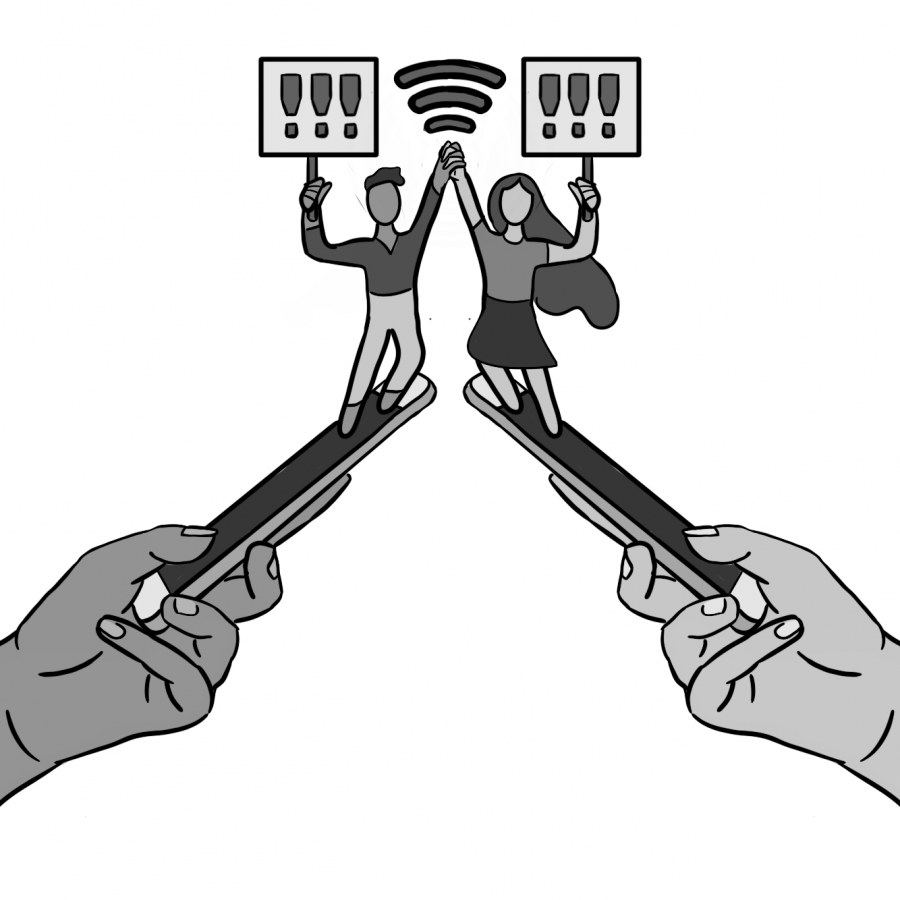After you graduate high school, you remember the highlights of your four years. The big games, school dances, your friends, and of course, the novels you read in English class. You will never forget what the fire represents in Things Fall Apart or the significance of Curley’s wife in Of Mice and Men. While very few people actually remember these specific details, these novels do play a big part of every high school year, from the time consumed reading them to the analytical essays written about them.
No matter what the teacher assigns their students after reading a novel in class, their goal is for the students to understand the book. They hope that the students understand what the author is saying, what the underlying messages are, and the overall purpose of the book, but that can be very difficult. In response, many students turn to websites like Sparknotes and Shmoop for summaries of the novels, which teachers respond to negatively. However, if used to aid comprehension of the text, why should teachers be against these websites? Sparknotes and Shmoop are useful tools that help students learn, and in turn are beneficial to teachers as well.
One reason teachers oppose Sparknotes and Shmoop is because they allow students to avoid doing assignments. They want their students to do the assigned work, and these websites provide a loophole for students where they can read a summary of a chapter rather than the novel itself. This is problematic when teachers give reading quizzes as it is hard for them to know if a students read the complete chapter, or just a recap online.
According to the school handbook, students can “not use study aids (such as Sparknotes) as an alternative to completing an assignment” or “take shortcuts (such as unauthorized use of study aids) that allow you to bypass steps of an assignment.” Following these rules, use of Sparknotes or Shmoop is permitted as long as they are used in addition to an assignment. For example, if I had a quiz in English on The Catcher in the Rye, I could use Shmoop to further my understanding only if I read the chapter the night before. Yet, this brings up another problem. How can teachers know whether a student did the whole assignment? One solution teachers use is requiring their students to annotate the novels, and then checking those annotations frequently. Annotations are great for this purpose, but isn’t the goal to enjoy reading the book rather than scouring the book for figurative language, vocabulary, and connecting elements throughout the book. Annotations distract students from the book, as they worry more about losing points than about understanding, which again is the main goal, right?
The use of these websites gets trickier with larger, more complicated assignments. On essays, book reports, or other larger projects, it is harder to know what is acceptable when it comes to these websites. In addition to summaries, Sparknotes and Shmoop provide analysis of characters, quotes, and symbols, which can then be used on analytical essays for class. This analysis can be used to build arguments, but can easily be seen as using someone else’s work. It is very difficult to know if a student read the assigned material and synthesized it themselves, or simply copied off a website. But where does a need for understanding become a misuse of tools? Where is the line? What can students use these websites for?
According to a survey of students, more than 70 percent of students use Sparknotes or Shmoop for any class for a variety of reasons, and only seven percent of the surveyed students believe the use of these websites counts as cheating. In addition, 83 percent of the responses reported that they used these websites either for summaries or to better understand the texts. The use of these websites is commonplace at PHS, and with the continuous expansion and movement to online material, issues like this will continue as well. As long as students are responsible and do not misuse the available tools, teachers should encourage the use of Sparknotes and Shmoop to advance the comprehension of their students.















